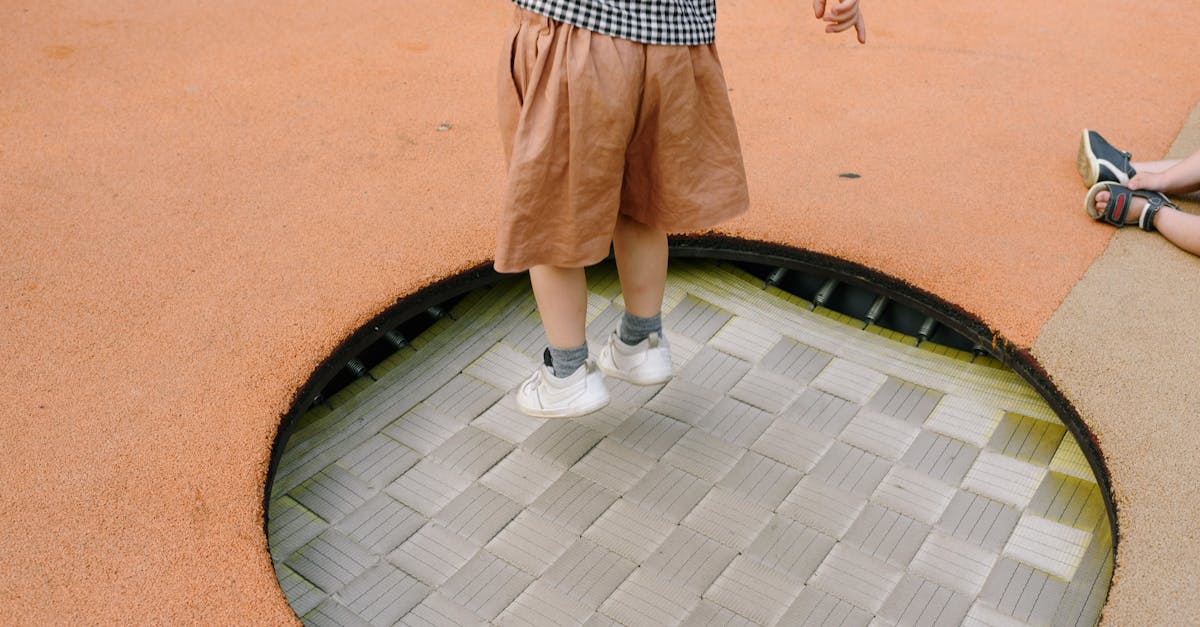Understanding Sensory Overload
Ever notice your child covering their ears or getting frustrated with loud noises? They may be experiencing sensory overload. This is when their brain struggles to process all the sensory information around them. It can be overwhelming, but don’t worry, it’s more common than you think and we’re here to help!

Key Points:
- Sensory overload is common in children.
- It occurs when the brain has difficulty processing sensory information.
- Signs may include covering ears, getting frustrated with noise, etc.
Recognizing the Signs
Imagine it: your preschooler is playing happily, but suddenly they melt down. Recognizing the signs of sensory overload is the first step in helping them. Look for signs like:
- Excessive tantrums
- Covering eyes or ears
- Seeking or avoiding physical contact
Trust your parental instincts – you know your child best!

Creating a Calm Environment
Setting up a calm and quiet space for your preschooler can work wonders. Think of it as a sensory sanctuary – a place filled with their favorite soft toys, dim lighting, and soothing sounds. Transitioning from chaos to calm can help them regain control and feel more grounded.

Providing Sensory Breaks
Short, planned breaks can make a big difference. Sensory breaks are brief activities that help children refocus and regulate their emotions. Picture your child taking a few minutes to jump on a mini-trampoline or squeeze a squishy ball. It sounds fun, doesn’t it?

Using Sensory Tools at Home
At home, consider incorporating various sensory tools. Weighted blankets, sensory bins filled with rice or beans, and fidget toys can be immensely helpful. I once transformed an old drawer into a sensory wonderland, and it became my son’s favorite nook!

Building Emotional Resilience
Emotional resilience is just as important as a calm environment. It is essential to talk about their feelings and read books that address emotions. Teaching them simple breathing exercises can also be beneficial. Helping children understand their emotions will empower them to handle sensory overload better in the long run.

Encouraging Reader Interaction
I’d love to hear your stories! How do you manage sensory overload in your household? Share your tips and experiences in the comments. Your input might just be the ray of hope another parent needs!

Related Posts:
- Encouraging Outdoor Play and Physical Activity for Preschoolers
- Teaching Preschoolers About Personal Boundaries: Strangers & Trusted Adults
- Setting Boundaries with Pre-Schoolers for Outings
- Fostering Preschoolers’ Spiritual Growth & Connection
- Preschoolers’ Emotional Intelligence & Empathy: Building Boundaries
